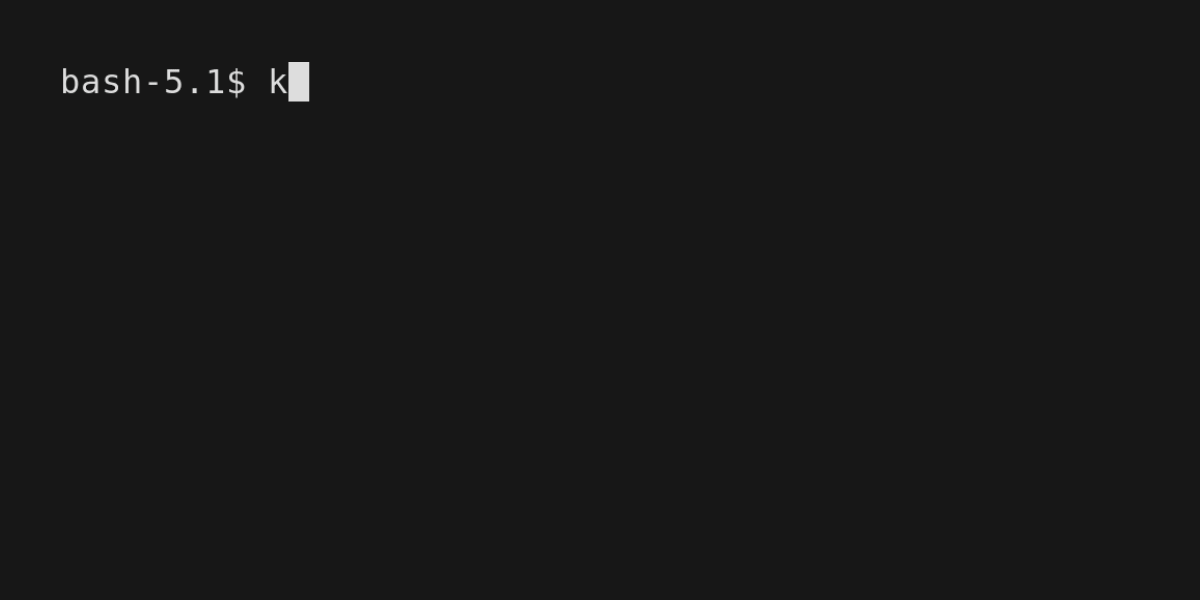🚀 Deployment Options¶
KitchenAI is currently in alpha, and production workloads are not fully supported yet. We’re working hard to roll out support for production environments in the coming months.
In the meantime, here’s how you can get started:
🐳 Docker Container¶
KitchenAI offers flexibility by supporting Docker containers as the primary deployment method.
Easily build a container for your KitchenAI app with the CLI:
kitchenai build . app:kitchen
Once built, the container can be deployed using Docker Compose, Kubernetes, or any other container orchestrator.
📸 Example:

🐋 Docker Compose¶
KitchenAI provides a simple Docker Compose configuration for orchestrating your containers. Here’s the basic docker-compose.yml file:
version: '3.8'
services:
#for local development we don't need the image directly.Uncomment if you want to use the image you built and choose local as env
kitchenai:
image: kitchenai-app:latest
container_name: kitchenai-app
ports:
- "8001:8001"
network_mode: host
env_file:
- .env
volumes:
- chroma_db:/app/chroma_db
- sqlite:/app/.kitchenai
volumes:
chroma_db:
driver: local
sqlite:
driver: local
📝 Environment Variables¶
KitchenAI uses a .env file to manage configuration. Here’s a sample .env file with common settings:
KITCHENAI_DEBUG=True
OPENAI_API_KEY=<api key>
🗄️ Databases¶
Default: Sqlite¶
By default, KitchenAI uses Sqlite for simple and lightweight storage.
Coming Soon: Postgres¶
Postgres support is on the way to handle production workloads with scalability and reliability.
Vector Database Support¶
KitchenAI supports any vector database out of the box.
The examples in our documentation use ChromaDB with disk persistence, but feel free to integrate with your preferred vector store.
Stay tuned for updates as we bring full production support to KitchenAI! 🔧